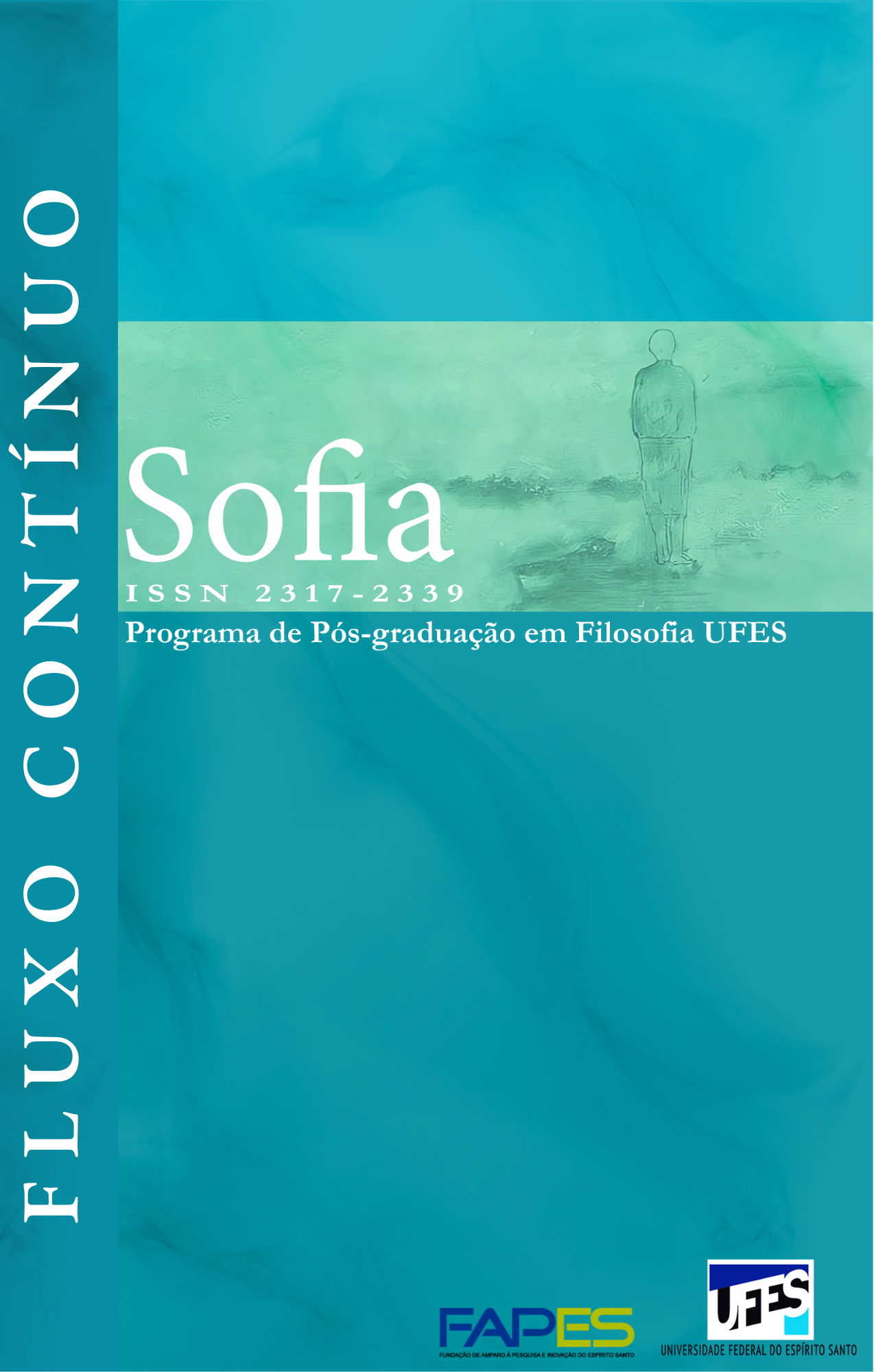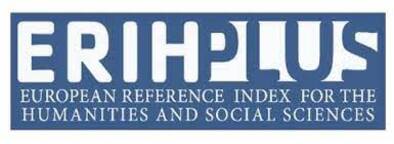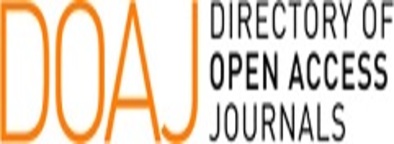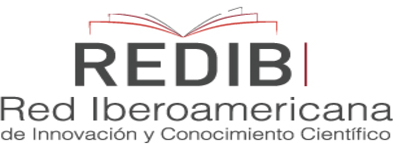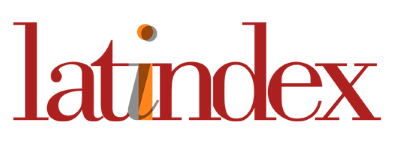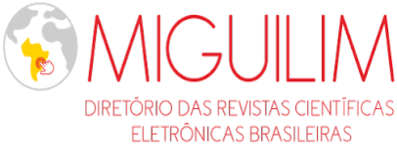Empty Sovereignty and Public Power
Critique of Political Economy and the Political Character of Economic Laws
DOI:
https://doi.org/10.47456/sofia.v12i1.40014Keywords:
Mario Tronti, public power, empty sovereignty, critique of political economyAbstract
This article discusses the hypothesis that what articulates mere economic 'facts' as if they were non-political relations, is still the exercise of political power; and that, consequently, the apparent 'legal vacuum' of the state of exception understood as 'meaningless vigour', in Giorgio Agamben's terminology, is nothing more than the mystified form in which the political character of economic laws is expressed today. An attempt is thus made to test the resilience of this relationship, between economics and politics, in the light of the dialectic between act and power, captured through the critique of their separation, on which the operaist conception of the Marxian critique of political economy rests. Operaism is not only summoned here because it is able to provide adequate historical material for the critique of the concepts it intends to propose; the evolutions of the thought of Antonio Negri and Mario Tronti, in particular, are paradigmatic of the dual process of autonomisation of the actuality and potentiality of political subjectivity, respectively, which operaism has sustained by resorting to the categories of political theology.
Downloads
References
AGAMBEN, Giorgio. Homo Sacer. Torino: Einaudi, 1995.
ALCARO, Mario. Dellavolpismo e Nuova sinistra. Bari: Dedalo libri, 1977.
CACCIARI, Massimo. Il potere che frena. Milano: Adelphi, 2013.
CORRADI, Cristina. Panzieri, Tronti e Negri: le diverse eredità dell’operaismo italiano. Consecutio rerum. Rivista critica della Postmodernità, 5, 2011. Disponível em: http://www.consecutio.org/2011/05/panzieri-tronti-negri-le-diverse-eredita-dell%E2%80%99operaismo-italiano/ . Acesso em: 17 março 2023.
DI LEO, Rita. Il ritorno delle élites. Roma: Manifestolibri. 2012.
DI MARCO, Giuseppe Antonio. Crisi, comunismo e dialettica in Karl Marx. In: ARIENZO, A.; CASTAGNA, M. (eds.). Le parole della crisi. Napoli: Diogene, 2013, pp. 173-197.
ENGELS, Friedrich. Monsieur E. Dühring bouleverse la science. 3° ed. Paris: Éditions sociales, 1973.
GASPARRI, Moris. Introduzione. In: CACCIARI, M.; TRONTI, M., Teologia e politica al crocevia della storia. Milano: AlboVersorio, 2007, pp. 15-21.
KOJEVE, Alexandre. Introduction à la lecture de Hegel. Paris: Gallimard, 1979.
LENIN, Vladimir. Stato e Rivoluzione. In LENIN, V. Opere, vol. 25. Roma: Editori Riuniti, 1967, pp. 361–463.
MARX, Karl. Il Capitale, Libro I. Roma: Editori riuniti, 1989.
MARX, Karl; ENGELS, Friedrich. Manifesto del Partito comunista. Bari: Laterza, 1999.
MEZZADRA, Sandro. La condizione postcoloniale. Storia e politica nel presente globale. Verona: Ombre corte, 2008.
NEGRI, Antonio; HARDT, Michael. Multitude. Guerre et démocratie à l'âge de l'Empire. Paris: La Découverte, 2004.
SBARDELLA, Raffaele. Le maschere della politica: gentilismo e tradizione idealistica negli scritti di Mario Tronti. Unità proletaria, n. 1-3, 1982, pp. 117-140.
TRAVERSO, Enzo. Où sont passés les intellectuels? Paris: Textuel, 2013.
TRONTI, Mario. Operai e capitale. 2° ed. Torino: Einaudi, 1971.
TRONTI, Mario. Noi operaisti. Milano: DeriveApprodi, 2009.
Published
How to Cite
Issue
Section
License
Copyright (c) 2023 Fabrizio Carlino

This work is licensed under a Creative Commons Attribution 4.0 International License.
Dada a política de acesso público da revista, o uso dos textos publicados é gratuito, com a obrigação de reconhecer a autoria original e a primeira publicação nesta revista. Os autores das contribuições publicadas são inteiramente e exclusivamente responsáveis por seus conteúdos.
I Os autores autorizam a publicação do artigo nesta revista.
II Os autores garantem que a contribuição é original e assumem total responsabilidade pelo seu conteúdo em caso de impugnação por terceiros.
III Os autores garantem que a contribuição não está sob avaliação em outra revista.
IV Os autores mantêm os direitos autorais e concedem à revista o direito de primeira publicação, sendo o trabalho licenciado sob uma Licença Creative Commons Atribuição-BY.
V Os autores são autorizados e incentivados a divulgar e distribuir seu trabalho on-line após a publicação na revista.
VI Os autores dos trabalhos aprovados autorizam a revista a distribuir seu conteúdo, após a publicação, para reprodução em índices de conteúdo, bibliotecas virtuais e similares.
VII Os editores reservam o direito de fazer ajustes no texto e adequar o artigo às normas editoriais da revista.

